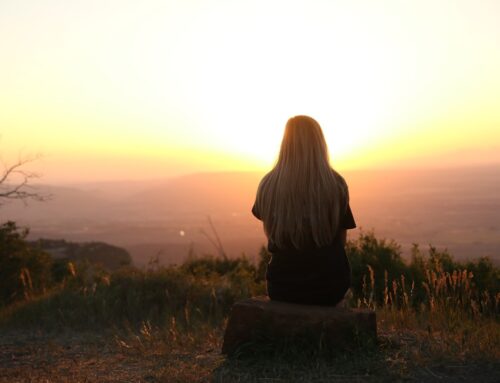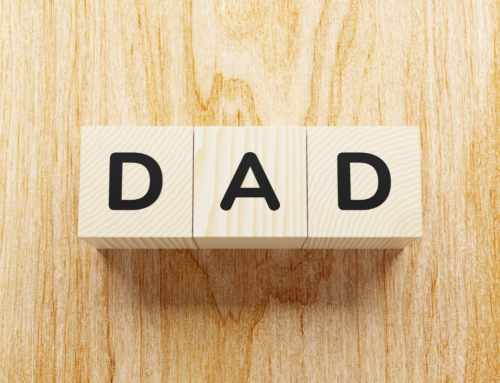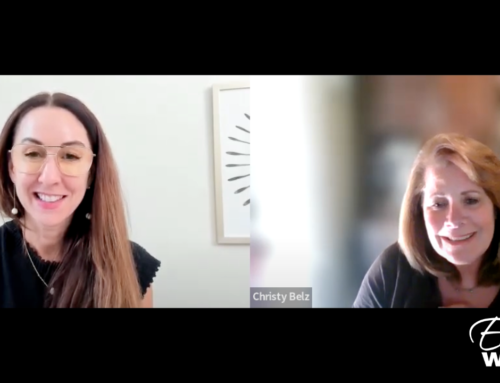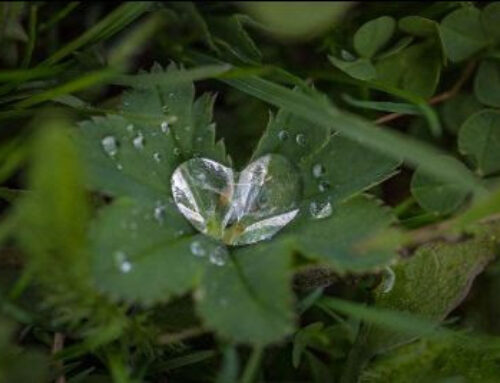“Anybody who has ever struggled to plant his feet onto the floor in the morning knows that life can be hard; it can be stressful; it can be overwhelming. But each of those negative, less than optimal feelings immediately takes a back seat to the inspirational power of hope.”
– Shawn L. Anderson
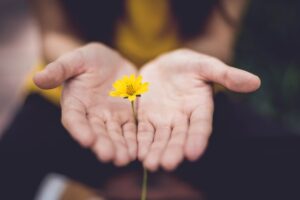
One of my graduate school teachers, who later became a mentor, taught me that when we reach a place of hope in our client sessions, we begin the process toward healing. This teaching has stayed with me for years. It is not unusual for me to ask a client if he or she is feeling more hopeful at the end of a tough session.
Merriam Webster defines “hope” as:
– to want something to happen or be true and think that it could happen or be true
– the feeling of wanting something to happen and thinking that it could happen
– a feeling that something good will happen or be true
– the chance that something good will happen
Holding on to hope right now is critical. I think we are all wanting and needing change. Mostly, however, I think we desire the feeling and the chance that something good will happen.
Projecting a negative possible outcome into our futures is common practice these days. How do we change that?
Hope Theory
In 1991, an American psychologist Charles R. Snyder who specialized in positive psychology and his colleagues developed Hope Theory.
In a Psychology Today article, The Will And Ways Of Hope, author Scott Barry Kaufman discusses Hope Theory. He explains that according to Snyder’s theory, hope consists of agency and pathways. The person with hope has the will and determination to achieve goals, and a set of various strategies in their toolbox to reach their goals. Put simply, hope involves the will to achieve goals and allows for different ways to get to where we want to go.
Are You Feeling Hopeful Or Hopeless?
Where and what are we trying to get to in these trying times? Personally, I am looking for some peace and normalcy as I discussed in a recent blog, Navigating The New Normal: Taking Care Of Your Mental, Emotional, Physical And Spiritual Self During These Tough Times. Even though I spoke of there being “no normal,” I am hoping for greater connection and less divisiveness. I am hoping for hope right now.
In order to discuss hope, we have to look at its opposite, which is hopelessness. There is an online tool called the Beck Hopelessness Scale. The Beck Hopelessness Scale provides a self-report measure of one’s negative expectations regarding the future. It consists of 20 true-false items arrayed within three factors: Feelings about the future, loss of motivation, and future expectations (Beck, 1974).
Here are a few questions that the assessment raises. It can be helpful to sit with these and consider where you feel that you’re at in terms of hope and hopelessness during these challenging and uncertain times.
Do you look forward to the future with hope and enthusiasm?
Do you feel like you might as well give up because there is nothing you can do to make things better for yourself?
When things are going badly, are you helped by knowing that they can’t stay that way forever?
In the future, do you expect to succeed in what concerns you most?
Does your future seem dark to you?
Do you believe that past experiences have prepared you well for your future?
Do you not expect to get what you really want?
When you look ahead to the future, do you expect that you will be happier than you are now?
Do you have great faith in the future?
Does the future seem vague and uncertain to you?
Do you look forward to more good times than bad times?
Holding Onto Hope
Given all that has happened in 2020, we are justified in struggling to hold on to hope as we cope with what’s happening now and the uncertainty of the future. Yet, if we are to move forward in the best possible interest of ourselves, our families, our community and our country, it’s to cultivate and maintain hope.
“The very least you can do in your life is to figure out what you hope for. And the most you can do is live inside that hope. Not admire it from a distance but live right in it, under its roof.”
― Barbara Kingsolver, Animal Dreams
This quote resonates with me because it speaks to hope as something that gets to be embodied. It is not passive; it is living and breathing. It is at the core of who we are.
What is hope for you?
Let’s find hope, as my mentor taught me, and let the healing begin. We all could use a little extra support right now. If you’re struggling to cultivate hope or with the other myriad of issues brought on by COVID-19, I invite you to reach out.
Peace and love,
Christy
